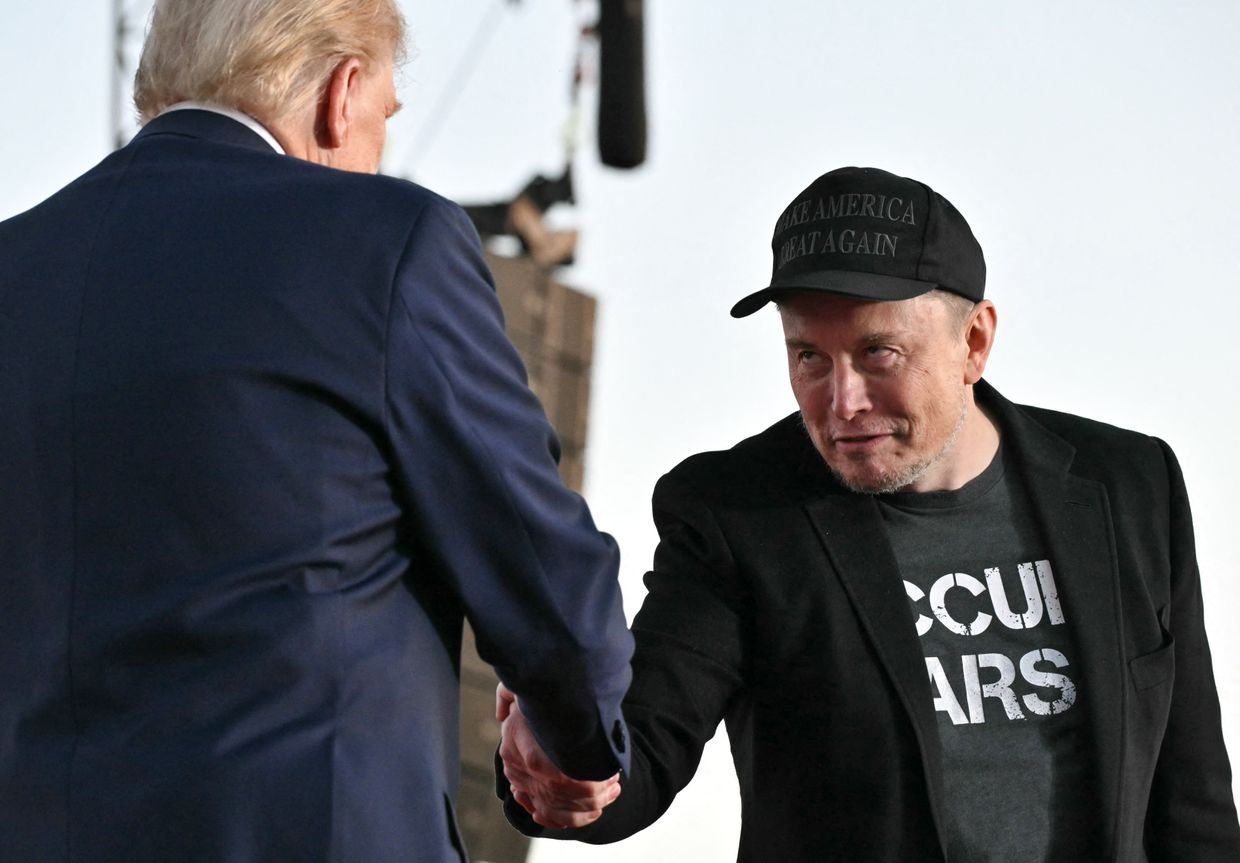U.S. military aid to Ukraine was delayed not only by opposition from congressional Republicans but also by concerns within President Joe Biden's administration about escalating the conflict with Russia, Reuters said in its analysis published on Feb. 3.
Further complicating deliveries was a chaotic weapons-tracking system in which different branches of the U.S. military reportedly used varying definitions of "delivered," creating confusion over how much aid reached Ukraine.
The most significant delays nevertheless stemmed from months of congressional gridlock in later 2023 and early 2024 over approving $60 billion in additional military assistance, mainly due to Republican resistance, the news agency wrote.
Democratic and Republican lawmakers had urged House Speaker Mike Johnson for months to bring the aid package to a vote. Hard-line Republicans aligned with President Donald Trump reportedly pressured Johnson to block further assistance to Kyiv.
Even after Congress approved the funding, U.S. military aid to Ukraine remained inconsistent, Reuters reported, citing sources in Washington and Kyiv.
By November 2024, Ukraine had received only half of the military aid the U.S. had promised for that year from existing Pentagon stockpiles. According to the analysis, only 30% of the pledged armored vehicles had been delivered by early December.

Until September, the Biden administration allocated an average of about $558 million per month to Ukraine. Following Trump's victory in the presidential election, U.S. military aid surged, reaching levels not seen since mid-2023.
Between October 2024 and Biden's departure from office on Jan. 20, 2025, U.S. assistance averaged $1.1 billion per month — matching the pace set during the first two years of Russia's full-scale invasion.
Reuters' findings are based on analyzing official U.S. spending data, congressional records, and interviews with over 40 U.S. and Ukrainian officials, lawmakers, and congressional aides.
During his campaign, Trump suggested that Biden and Ukrainian President Volodymyr Zelensky bear partial responsibility for Russia's ongoing war and pledged to negotiate a swift peace deal.
Trump has frequently criticized Biden's support for Ukraine and touted his positive relationship with Russian President Vladimir Putin, raising concerns that he may pursue a settlement unfavorable to Kyiv.
More recently, Trump has adopted a more confrontational stance toward Moscow, blaming Putin for failing to end the war and threatening Russia with economic consequences if a peace deal is not reached.
The United States is Ukraine's largest military aid provider that has been supplying billions in security assistance since the start of Russia's full-scale invasion. The Trump administration has been evasive about whether the new U.S. president plans to cut support after taking office.














